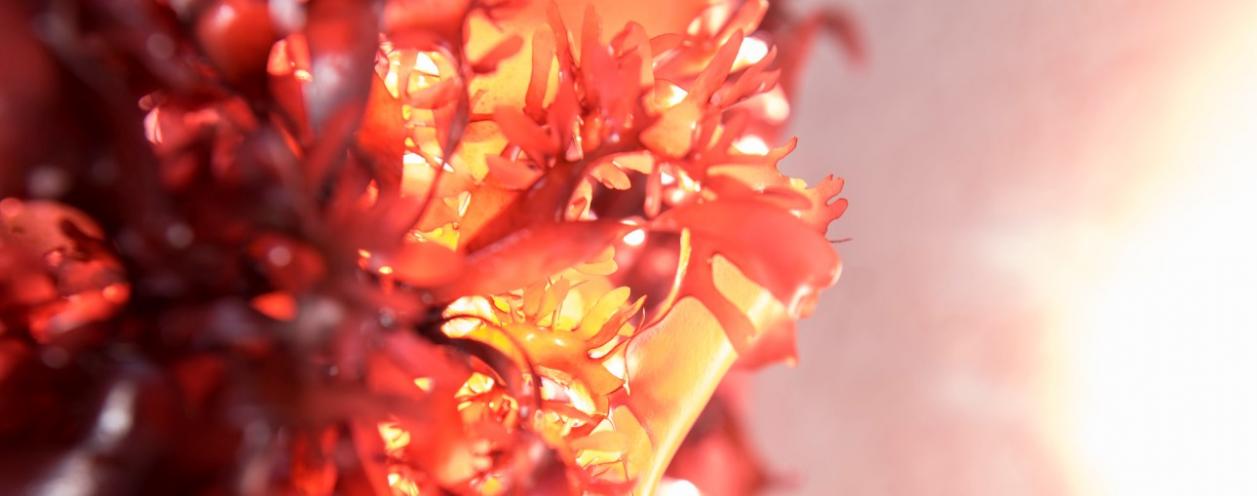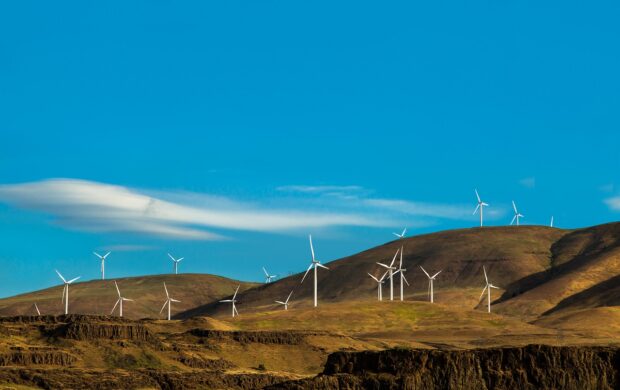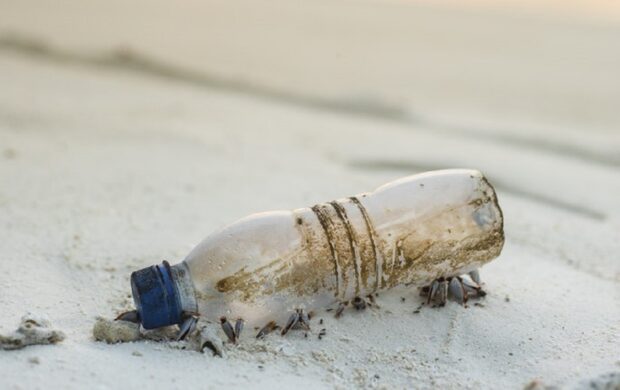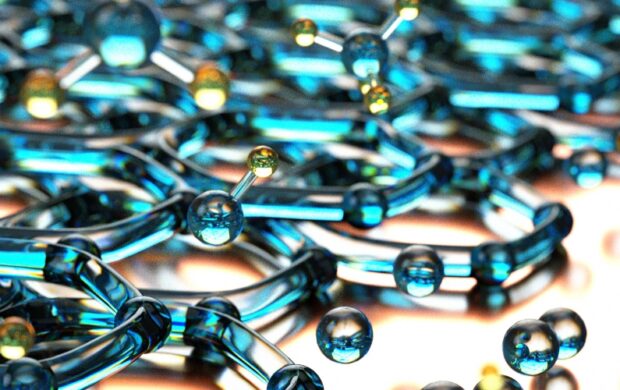Researchers at Oregon State University have been pleasantly surprised to find that dulse, a seaweed they were initially breeding to feed abalone, actually tastes like bacon when fried.

The scientists have developed and patented a new strain of dulse, a succulent red seaweed that grows quickly and is an excellent source of minerals, vitamins and antioxidants. It also has a high protein content, with twice the levels found within kale.
Dulse is traditionally found growing wild along the northern Pacific and Atlantic coastlines and has been popular in traditional Irish, Icelandic and Scandinavian cooking due to its high protein content, and umami flavour.
This particular variety of dulse has now been granted status as speciality crop by the U.S Department of Agriculture, enabling researchers at Oregon State University’s Food Innovation Center to explore means of growing dulse on a commercial scale. Researchers are also currently testing recipes for dulse veggie burgers, trail mix, and dulse beer.
Image credit: Oregon State University / Flickr












